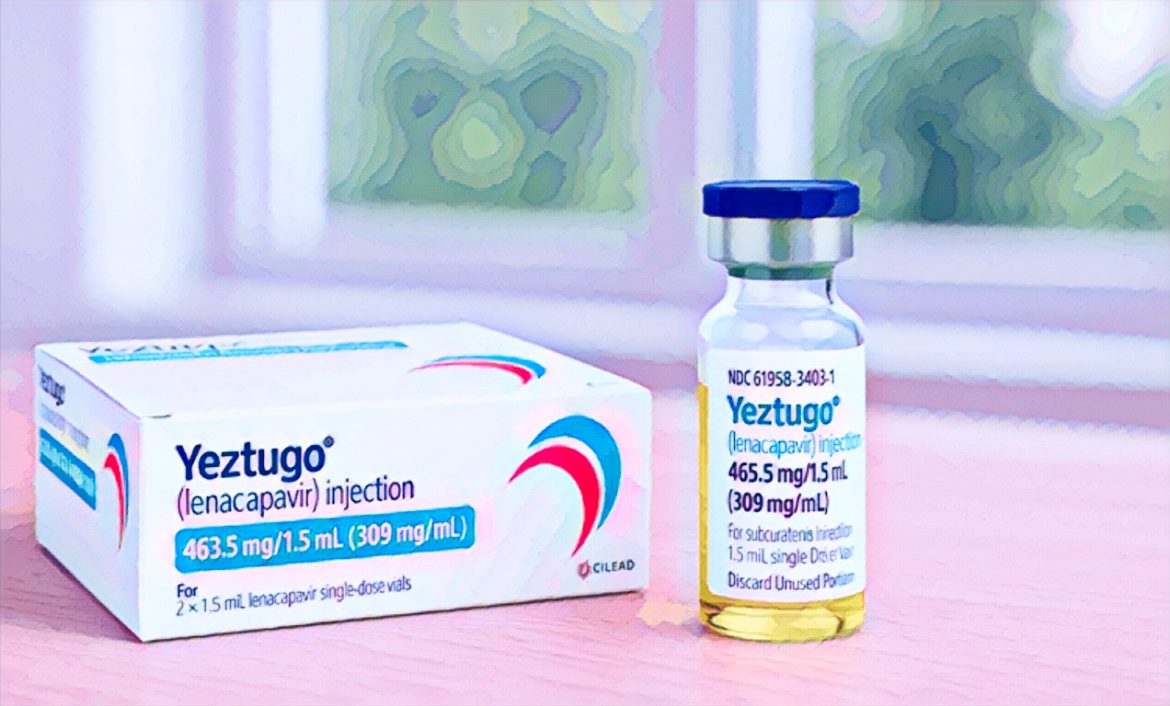KEY POINTS
- Zimbabwe named among 10 countries for lenacapavir rollout.
- Twice-yearly HIV prevention drug shows 99 percent efficacy in trials.
- Pregnant and breastfeeding women to be prioritized in program.
Zimbabwe has been chosen as one of 10 countries worldwide to introduce lenacapavir, a new HIV prevention medicine administered only twice a year. The U.S. embassy in Harare called the initiative a “major step toward ending new infections” in the country.
Lenacapavir, developed by Gilead Sciences in partnership with the Global Fund, is the first long-acting injectable drug for HIV prevention given biannually. Clinical trials showed that more than 99 percent of participants who received the treatment remained HIV negative.
Focus on mothers, also newborns
The U.S. embassy said Zimbabwe’s rollout will initially prioritize pregnant and breastfeeding women, aiming to protect newborns while strengthening the wider health system. Officials also pledged to make the medicine affordable and accessible nationwide.
A turning point for HIV prevention
Zimbabwe has one of the highest HIV burdens globally, though infection rates have declined steadily over the past 20 years due to expanded access to antiretroviral therapy and prevention campaigns. Health experts say lenacapavir could be a game-changer, especially in sub-Saharan Africa where new infections remain elevated.
U.S. backs innovation in global health
“This is American leadership at its best: driving innovation, and further building a world where children, mothers, and communities can thrive,” the U.S. embassy said. Finally, the drug’s rollout is part of broader efforts by donors and governments to end HIV transmission over the next decade.


